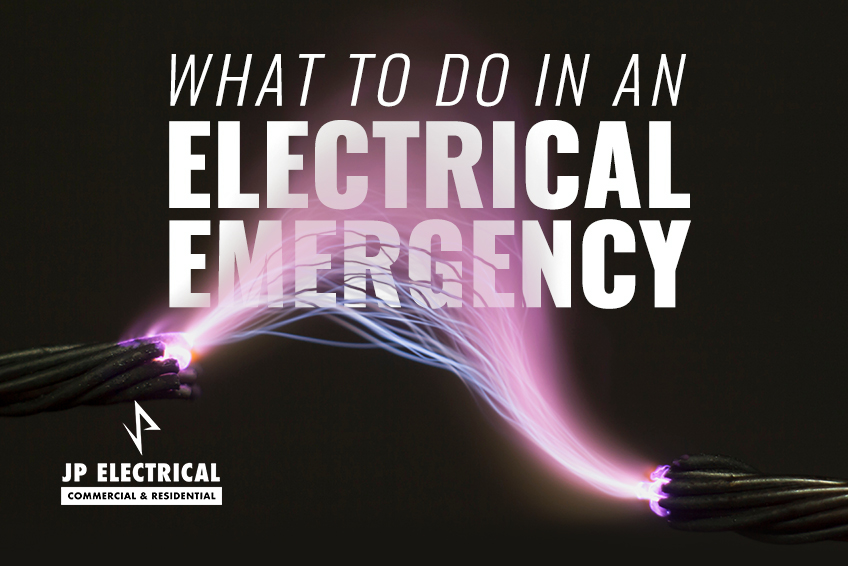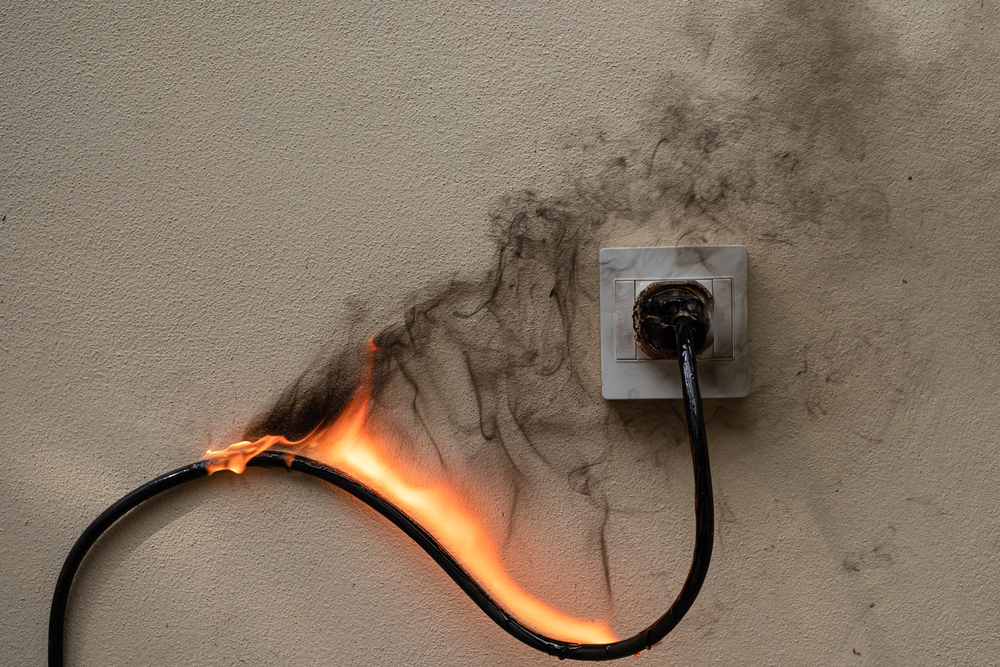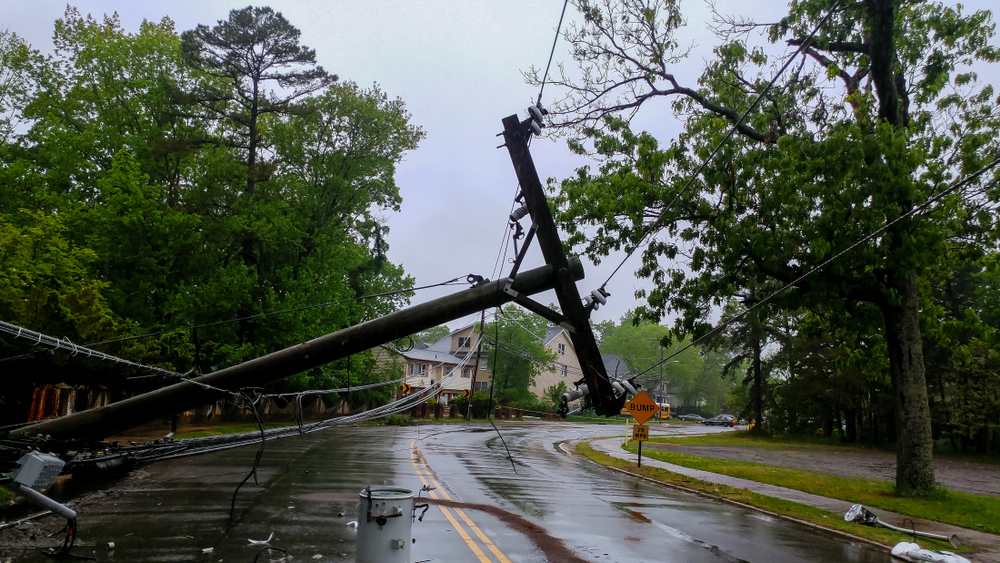What to Do in an Electrical Emergency
When facing an electrical emergency, knowing the correct steps to take can prevent further damage and ensure safety. Here’s a comprehensive guide on how to handle common electrical emergencies.
Electrical emergencies are situations that involve a sudden, unexpected, or dangerous electrical problem that poses an immediate threat to your safety, property, or the functioning of electrical systems. Understanding how to identify and respond to these emergencies can be crucial in preventing injury, fire, or significant damage to your home or business. This guide will walk you through what constitutes an electrical emergency, the steps you should take, and when it’s critical to call in a professional.
What to Do in an Electrical Emergency
When faced with an electrical emergency, it’s crucial to remain calm and act quickly to minimize risks. Electrical emergencies can be unpredictable, but knowing the right steps to take can help protect you and your property.
1. Assess the Situation
Before taking any action, quickly assess the situation to determine the severity of the emergency. Ask yourself:
- Is anyone in immediate danger?
- Is there visible smoke, fire, or sparks?
- Is the electrical issue isolated to one area or affecting the entire property?
- Can you safely turn off the power to the affected area?
Understanding the nature of the emergency will help you decide the best course of action.
2. Turn Off the Power
If it is safe to do so, turn off the power to the affected area. You can do this by:
- Flipping the circuit breaker for the specific area where the problem is occurring.
- Shutting off the main power switch if the issue is widespread.
- Cutting off the power can prevent further damage, reduce the risk of fire, and protect anyone from electric shock.
3. Evacuate if Necessary
If there is a risk of fire, smoke, or severe electrical hazards, evacuate the premises immediately. Do not attempt to stay and fix the issue. Move to a safe location and call emergency services if needed.
4. Avoid Water and Conductive Materials
In an electrical emergency, avoid contact with water and conductive materials like metal. Water conducts electricity, which increases the risk of electric shock. If the emergency involves electrical appliances near water, do not touch them.
5. Call for Help
In serious situations, such as a fire, electric shock, or downed power lines, call emergency services immediately. Contact a licensed electrician to assess and resolve the issue for other electrical emergencies.
- For Electric Shock: Call 911 immediately and provide first aid if trained.
- For Electrical Fires: Use a Class C fire extinguisher or evacuate and call the fire department.
- For Downed Power Lines: Stay away and call 911, then report the incident to your utility company.
6. Stay Informed and Safe
While waiting for help to arrive, stay informed by:
- Keeping up with weather alerts if the emergency is storm-related.
- Monitoring the situation from a safe distance.
- Keeping flashlights and other emergency supplies handy.
Only attempt to handle an electrical emergency with proper knowledge or tools. Safety should always be your top priority.
Common Electrical Emergencies
Electrical emergencies can happen suddenly, and knowing how to identify them is crucial. Here are some of the most common types:
1. Power Outages
- Causes: Severe weather, overloaded circuits, faulty wiring, or utility failures.
- Impact: Loss of electricity, potentially disrupting daily life and safety.
2. Electric Shocks
- Causes: Damaged cords, faulty wiring, or contact with water near electrical devices.
- Impact: Risk of injury or even death, requiring immediate medical attention.
3. Electrical Fires
- Causes: Overloaded circuits, faulty wiring, malfunctioning appliances, or improper use of extension cords.
- Impact: Dangerous fires that can spread quickly, requiring immediate evacuation and emergency services.
4. Sparking Outlets or Appliances
- Causes: Loose connections, overloaded circuits, short circuits, or damaged components.
- Impact: Sparks can lead to fires or electric shocks.
5. Burning Smell from Outlets or Wiring
- Causes: Overheating wires, electrical shorts, or faulty devices.
- Impact: A burning smell indicates a serious risk of fire and should be addressed immediately.
6. Tripping Circuit Breakers
- Causes: Overloaded circuits, faulty appliances, or wiring issues.
- Impact: Frequent tripping signals potential electrical problems that need professional inspection.
7. Downed Power Lines
- Causes: Severe weather, vehicle accidents, or infrastructure failures.
- Impact: Extremely dangerous, downed lines can cause electrocution or fires and should be reported to authorities immediately.
Immediate Steps to Take
Knowing the immediate steps to take during an electrical emergency can prevent further harm and ensure safety. Here’s what you should do in common situations:
During a Power Outage
- Check Your Circuit Breaker: Ensure that the outage isn’t limited to your home by checking your circuit breaker. Reset any tripped breakers if safe to do so.
- Unplug Appliances: Unplug major appliances and electronic devices to prevent damage from power surges when electricity is restored.
- Use Flashlights: Rely on battery-powered flashlights rather than candles to avoid the risk of fire.
- Keep Refrigerators Closed: Minimize opening the fridge and freezer to keep food cold for as long as possible.
- Stay Informed: Use a battery-operated radio or smartphone to stay updated on the outage and any emergency instructions from local authorities.
- Report the Outage: Contact your utility company to report the outage and get an estimated time for power restoration.
In Case of Electric Shock
- Don’t Touch the Victim: If someone is receiving an electric shock, do not touch them directly, as you could also become electrocuted.
- Cut the Power: Turn off the power source immediately if it’s safe to do so. Use a non-conductive object (like a wooden broom handle) to separate the person from the electrical source if you can’t cut the power.
- Call 911: Contact emergency services right away. Provide the dispatcher with all necessary details, including the person’s condition and location.
- Administer First Aid: If you are trained, perform CPR if the person is not breathing or has no pulse. Do not move them unless they are in immediate danger.
- Stay with the Victim: Stay with the person until emergency responders arrive, keeping them calm and monitoring their condition.
Preventive Measures
Taking proactive steps can significantly reduce the risk of electrical emergencies. Here are key measures to help you maintain a safe environment:
1. Regular Electrical Inspections
Schedule annual inspections with a licensed electrician to identify potential issues like faulty wiring, outdated panels, or overloaded circuits. Ensuring that all wiring meets current safety standards is particularly important in older homes or buildings.
2. Upgrade Outdated Systems
Replace old or faulty wiring and outdated electrical panels that may not handle modern electrical loads safely. Consider installing a whole-house surge protector to guard against power surges that can damage appliances and electronics.
3. Use Appliances Safely
Always follow manufacturer instructions when using electrical appliances. Unplug devices when not in use, especially those that generate heat, such as space heaters and irons, to prevent overheating and potential fires.
4. Avoid Overloading Circuits
Distribute the use of high-wattage appliances across different circuits to prevent overloading and tripping breakers. In older homes with fewer circuits, be cautious about how many devices are plugged into a single outlet.
5. Install Smoke Detectors and Fire Extinguishers
Ensure smoke detectors are installed in every room and test them regularly. Keep a fire extinguisher, specifically a Class C extinguisher for electrical fires, in an accessible location and make sure you know how to use it.
6. Keep Electrical Devices Away from Water
Avoid using electrical appliances near water sources, such as sinks, bathtubs, or pools. Install ground fault circuit interrupter (GFCI) outlets in areas where water and electricity are in close proximity, such as bathrooms, kitchens, and outdoor spaces.
7. Educate Your Household
Teach everyone in your household or workplace about basic electrical safety, including how to safely unplug devices and the importance of avoiding damaged cords or outlets. Make sure everyone knows how to locate and operate the main circuit breaker in case of an emergency.
8. Plan for Emergencies
Create an emergency plan that includes steps to take during electrical emergencies, such as power outages or electric shocks. Keep emergency contact numbers, including those for your local electrician and utility company, readily available.
When to Call a Professional
While some minor electrical issues might seem manageable on your own, knowing when to call a professional is crucial for your safety and the long-term health of your electrical system. At JP Electrical, we understand that your safety and peace of mind are paramount, and our team is here to assist you whenever you need expert help. Here’s when you should call a professional:
- Frequent Circuit Breaker Trips
- Flickering or Dimming Lights
- Burning Smells or Strange Noises
- Sparking Outlets or Appliances
- Power Outages Specific to Your Home
- Electrical Shocks
- Upgrading or Remodeling Your Home
Contact JP Electrical Today!
Your safety is our top priority at JP Electrical. If you encounter any of these issues or simply want to ensure your electrical system is in top condition, don’t hesitate to reach out to us. Our experienced and licensed electricians are ready to provide prompt, professional service tailored to your needs.
Call JP Electrical today to schedule an inspection or service appointment. Let us handle your electrical concerns so you can enjoy peace of mind, knowing your home or business is in good hands.
Categories: Electrical Hazards • Electrical Maintenance




Leave a Reply